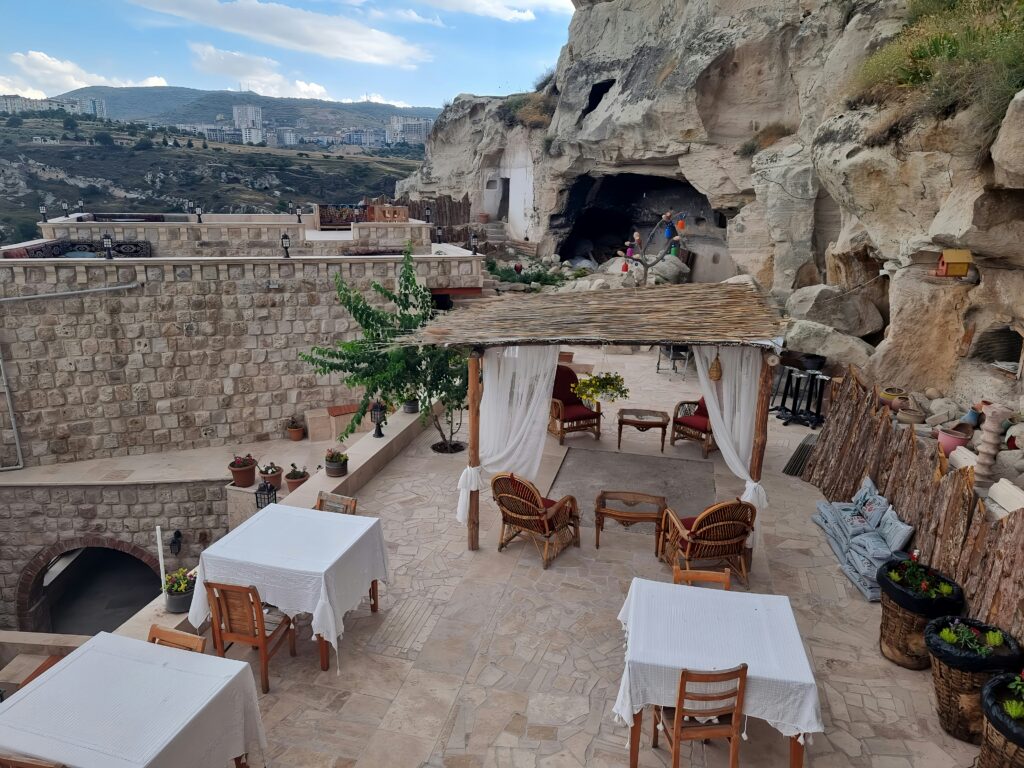Table of Contents
In today’s fast-paced world, consumers expect personalized experiences across all industries. The hotel industry, once known for its standardized offerings, is now embracing personalization as a way to differentiate itself and enhance guest satisfaction. By leveraging data and technology, hotels can create tailored experiences that resonate deeply with their guests, fostering loyalty and driving revenue.
Understanding Personalization in Hospitality
Personalized Hospitality is the process of customizing experiences and
services to each individual guest’s specific requirements and preferences. This involves collecting and analyzing guest
data, such as booking history, preferences, and behavior, to create customized
offerings. By understanding their guests on a deeper level, hotels can deliver
more relevant and satisfying experiences

Leveraging customer data for Personalized Hospitality
Customer data is the foundation of personalized Hotels can gather and examine information from different origins, such as:
Booking information: Room preferences, arrival/departure dates, number of guests
Guest history: Previous stays, room upgrades, special requests
Loyalty program data: Membership level, points earned, redemption history
Social media: Interests, preferences, demographics
Guest feedback: Reviews, surveys, comments
By analyzing this data, hotels can identify patterns and preferences to create personalized experiences.
Consistency vs. Personalization
Consistency ensures a uniform experience for all
guests, while Personalized Hospitality adds a personal touch to that
experience. Both are essential for guest satisfaction. Maintaining equilibrium
between the two is essential.
Personalization building blocks
Data collection and analysis: Gathering and understanding customer information.
Segmentation: Grouping customers based on shared characteristics or preferences.
Customization: Tailoring products, services, or messages to specific segments.
Testing and optimization: Continuously refining personalization strategies based on
performance.
Personalized Hospitality examples
Welcome amenities: Customized welcome gifts based on guest preferences (e.g., allergy-friendly options, local products).
Room preferences: Automatically assigning preferred room types and locations.
Dining recommendations: Suggesting restaurants based on dietary restrictions, cuisine preferences, or past orders.
Targeted offers: Providing personalized promotions and discounts.
Personalized communication: Using guest names and addressing specific needs in emails and interactions.
What is personalization in the hotel industry?
Personalized Hospitality means tailoring services and experiences to match individual guest preferences, needs, and behaviours. It’s about creating a unique and memorable stay for each guest by anticipating their expectations and delivering exactly what they want.
What is an example of hotel personalization?
A guest who frequently stays at a business hotel for conferences might receive an upgraded room with a larger workspace and complimentary high-speed internet upon arrival.
A couple celebrating their honeymoon could be greeted with a bottle of champagne, rose petals on the bed, and a personalized welcome message

What is Personalization in customer service?
Personalized Hospitality in customer service involves treating each customer as an individual by understanding their unique needs and preferences. It’s about building relationships and creating a positive customer experience through tailored interactions.
What is Personalization with example?
Example: A clothing store recommending products based on a customer’s previous purchases and browsing history.
Definition: Personalization is the process of customizing products, content, or experiences for individual users based on their data and preferences.
Challenges and Considerations
Hotels must address privacy concerns, ensure data accuracy, and invest in the necessary technology and infrastructure. Additionally, it is important to strike a balance between personalization and standardization to maintain operational efficiency.
The Future of Personalization in Hospitality
As technology continues to advance, we can expect even more sophisticated personalization strategies in the hotel industry. Artificial intelligence, machine learning, and voice assistants will play a key role in creating truly personalized experiences. Hotels that embrace these innovations will be well-positioned to thrive in the competitive landscape of the future
Conclusion
Personalization is a powerful tool for hotels to enhance guest satisfaction, loyalty, and revenue. By leveraging customer data and delivering tailored experiences, hotels can differentiate themselves from
competitors and create lasting impressions